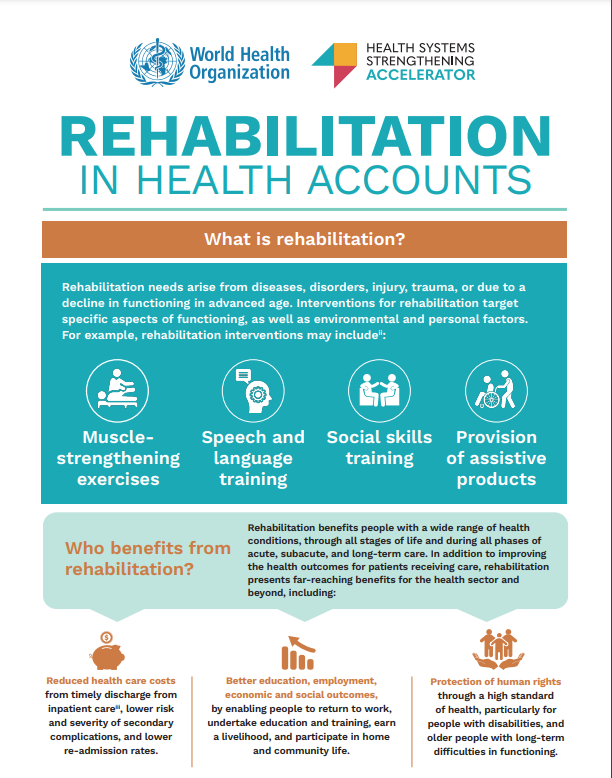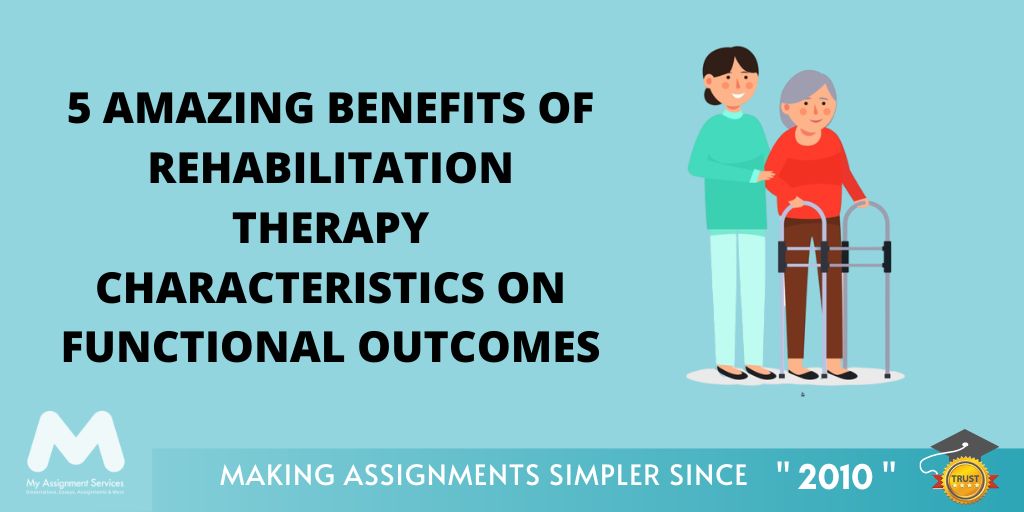Some Known Details About Narconon Africa
Table of ContentsSome Known Questions About Narconon Africa.4 Easy Facts About Narconon Africa ShownOur Narconon Africa StatementsIndicators on Narconon Africa You Should Know4 Simple Techniques For Narconon AfricaThe Single Strategy To Use For Narconon AfricaExamine This Report about Narconon Africa
In a series of documents with Manudeep Bhuller and Katrine V. Lken, we get over these data challenges and the nonrandomness of jail time, using new insights right into how incarceration affects regression, employment, youngsters, and criminal networks - Addiction treatment joburg. Number 1 Our work research studies the results of imprisonment in Norway, a setting with two essential benefitsWe can better connect this details to various other household participants, consisting of youngsters and brother or sisters. We have info on co-offending that allows us to map out criminal networks for observed crimes. Second, we can take advantage of the arbitrary project of criminal cases to courts that vary in their propensities to send defendants to prison.
But some courts send out offenders to prison at a high rate, while others are much more lenient. We determine a judge's stringency as the average incarceration rate for all various other instances a court deals with, after managing for court and year set effects, which is the level of arbitrary job. This quasi-random project of court stringency can be used as a tool for incarceration, as it strongly predicts the court's decision in the existing situation, but is uncorrelated with other instance features both by layout and empirically.
What Does Narconon Africa Mean?
Characteristics of detainees, including demographics and criminal activity classifications, are broadly comparable in Norway and various other countries, including the USA, with the exceptions that the US murder rate is much greater, and race plays a bigger role there also. What stands apart as various, specifically compared with the United States, is the prison system.
Figure 2In Norway, the typical time invested behind bars is a little over six months, which resembles most various other Western European nations. This contrasts with ordinary United States jail time of almost three years, which is in big part the reason the United States is an outlier in its incarceration price compared to the rest of the world [Figure 1]
Excitement About Narconon Africa
This gives a lot more splitting up in between minor and solidified crooks than exists in the United States. There is no overcrowding in Norwegian jails and better personal safety, with each prisoner being appointed to their very own cell and a higher inmate-to-staff proportion than in the USA (https://www.easel.ly/create/design?id=https://s3.amazonaws.com/easel.ly/all_easels/7209370/blank&key=pri). Prisons in Norway likewise use well-funded education and learning, medicine therapy, mental health, and task training programs
Our research study on the impacts of imprisonment on the offender, using the random task of courts as a tool, returns 3 key findings. Jail time prevents better criminal behavior. We find that incarceration reduces the likelihood that a person will certainly reoffend within look at here now 5 years by 27 portion points and minimizes the matching number of criminal costs per person by 10 costs.
Little Known Facts About Narconon Africa.
We discover sizable decreases in reoffending possibilities and cumulative billed criminal activities also after accuseds are launched from prison. Our 2nd result is that prejudice because of selection on unobservable private features, if overlooked, leads to the erroneous verdict that time spent in jail is criminogenic. If we just contrast criminal accuseds sentenced versus those not sent to jail, we discover favorable associations in between incarceration and succeeding criminal offense.
This stands in comparison to our analysis based upon the random project of courts, which locates an opposite-signed result. Third, the reduction in crime is driven by individuals that were not working before incarceration. Amongst these people, imprisonment enhances participation in programs routed at enhancing employability and lowering recidivism, and this eventually increases employment and profits while discouraging criminal behavior.

Imprisonment triggers a 34 percent point boost in engagement in work training programs for the formerly nonemployed, and within five years their work price increases by 40 percent factors. At the same time, the probability of reoffending within 5 years is cut by 46 portion factors, and there is a decrease of 22 in the average variety of criminal charges.
The Definitive Guide for Narconon Africa

A plausible description for the distinction is that Norway's prison system varies markedly, both in regards to prison-term size and prison problems, from the United States prison system. While comprehending the impacts of incarceration on the offender is an essential very first step, capturing spillover impacts is also important for reviewing criminal justice policy and designing reliable prison systems.
About Narconon Africa

Average least squares estimates disclose that youngsters of incarcerated daddies are 1 portion factor much more most likely to be billed with a criminal offense, about a mean of 13 percent, and reveal no effect on institution qualities. Utilizing our court stringency instrument, we discover no analytical proof that a father's incarceration impacts a kid's very own crime or institution qualities, yet we are unable to rule out modest-sized effects.
The Buzz on Narconon Africa
We specify criminal teams based on network links to prior criminal situations. When a criminal network member is put behind bars, their peers' probability of being billed with a future criminal activity decreases by 51 percent points over the following 4 years - https://www.tumblr.com/blog/narcononza12.